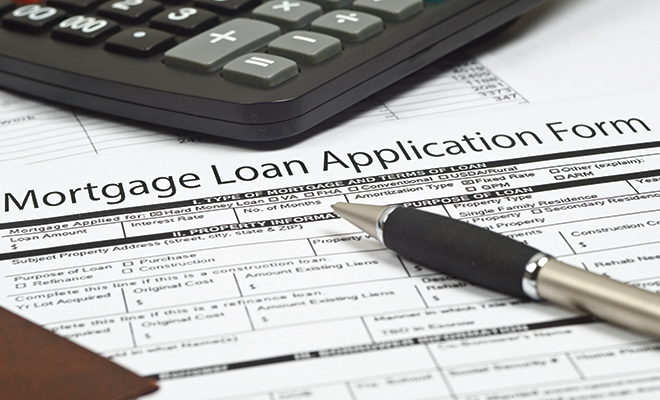
Prep Steps to Obtaining Your Mortgage
You’ve just made what could be one of the most important decisions of your life—you’re ready to buy a home. Congratulations! There are many benefits to home ownership, from having a place to call your own to investing in your future.
Along with the benefits come challenges, such as finding a home in your price range and financing the purchase with a mortgage. Understanding mortgage basics, especially the steps you should take before you start shopping, can make the process easier.
Know your Credit Score
Your credit score plays an important role in determining the terms of your mortgage. According to experts, a higher credit score will usually earn a lower interest rate. FICO scores of 740 and higher qualify for the lowest rates from most lenders, while scores lower than 620 make qualification for any type of loan almost impossible.
The difference between a high and low credit score can mean as much as one percentage point, which can amount to thousands of dollars over the lifetime of a home loan. It pays to start the mortgage process with the highest credit score possible.
Check your Credit History
In addition to your credit score, lenders will look at details in your credit history, including outstanding loan balances, especially in relation to your total available credit, as well as your history of on-time payments. By requesting a free credit report at annualcreditreport.com and becoming familiar with your credit history, you have time to improve your use of credit and raise your credit score before you apply for a mortgage.
Save a Down Payment
In addition to the money you borrow to purchase a home, most lenders will ask you to make a cash down payment. The minimum down payment for first time homebuyers is at least 3 percent of the purchase price, which amounts to $3,000 for every $100,000. However, some lenders may require 20 percent or more. When you contact a lender for pre-approval, you’ll find out how much you’ll need for a down payment and the options available if you haven’t saved enough. In the meantime, try to save as much as possible. The higher your down payment, the lower your mortgage and your monthly mortgage payments will be.
Gather your Documents
Before you contact a lender, gather all the necessary documents. To verify your income, you may be asked for pay stubs, W2 statements and copies of tax returns. You’ll also need documentation for your assets, including savings, investments and life insurance policies, and documents related to car loans, credit card accounts, student loans and other forms of debt.
Find a Lender
Once your finances are in order and you’ve saved for a down payment, it’s time to look for a lender. You can take the traditional route and work with a local mortgage broker who will look for the best mortgage for your needs. You can also find similar services online at reputable websites. Another alternative is to work with your own bank or credit union directly, especially if fee discounts are available for current customers.
Pre-qualified or Pre-approved?
If you’d like a rough idea of about the type of loan you qualify for, you can get pre-qualified by a lender. This means the lender will ask for some basic information about your income and expenses and provide you with an amount that you may be eligible to borrow. Your credit history is not considered by the lender, so pre-qualification is no guarantee that you will be given a loan. Pre-qualification is usually provided as a free service and is available online from many lenders.
Being pre-approved for a mortgage means that you have completed a loan application and provided your lender with your financial documentation. You may have to pay an application fee to be pre-approved. In exchange, you can expect the lender to provide you with the exact amount you’ll be able to borrow and the potential interest rate, and you may even be able to lock in an interest rate. You should also get an estimate of your monthly mortgage payment.
Pre-approval can save you time in the long run because it allows you to narrow down your home search to those in an affordable price range. Although it doesn’t represent a commitment on your part or the lender’s to follow through with an actual loan, it does let sellers know that you’re a serious shopper who is ready to buy, and this fact may give you an edge over other buyers. During pre-approval, you can ask the lender about different options for your loan. You can also get advice on improving your credit history, if necessary, before you apply for a real loan.
Once you’ve been pre-approved, let the house hunting begin! ■
Sources: bankrate.com, coldwellbanker.com and knowyouroptions.com.







